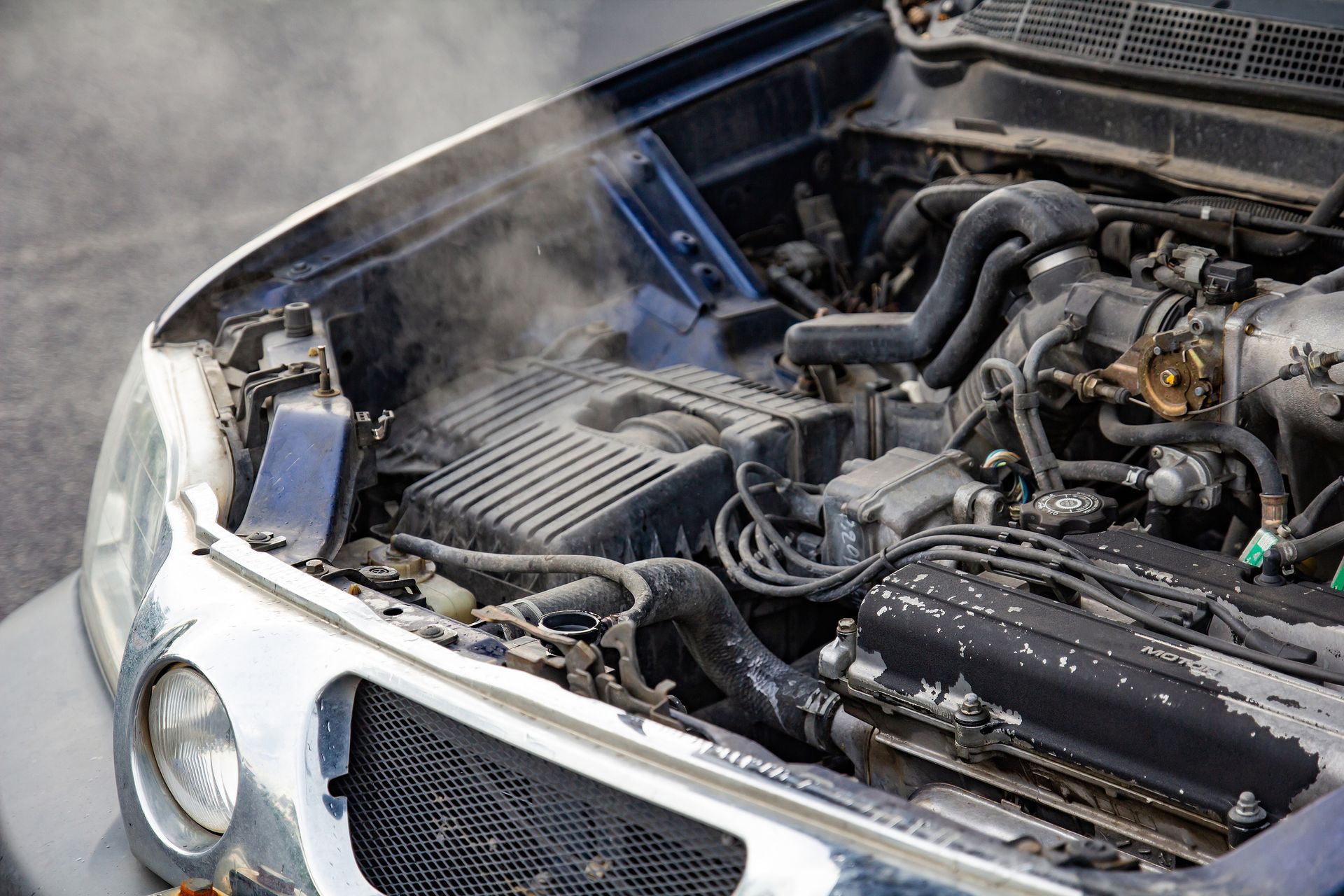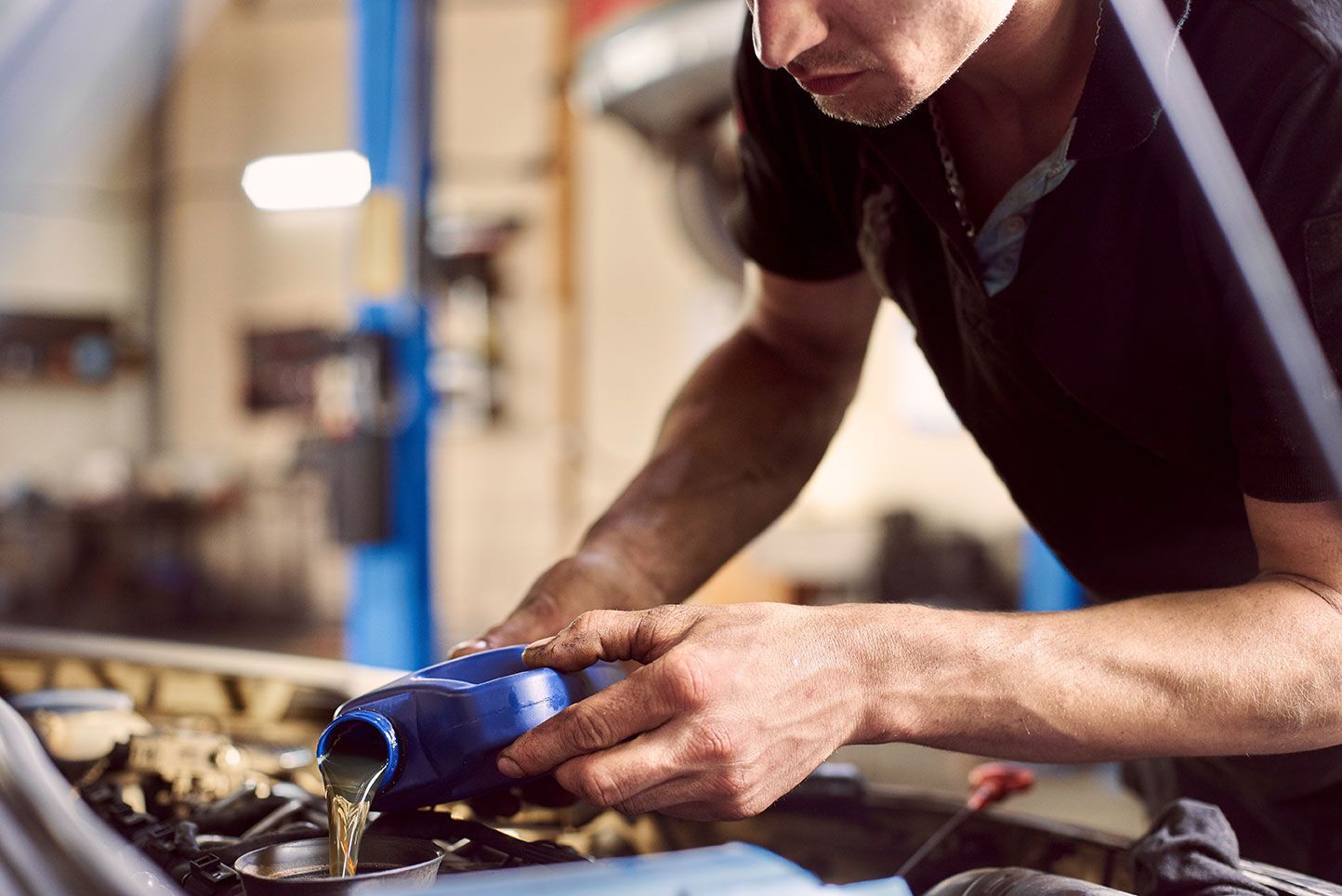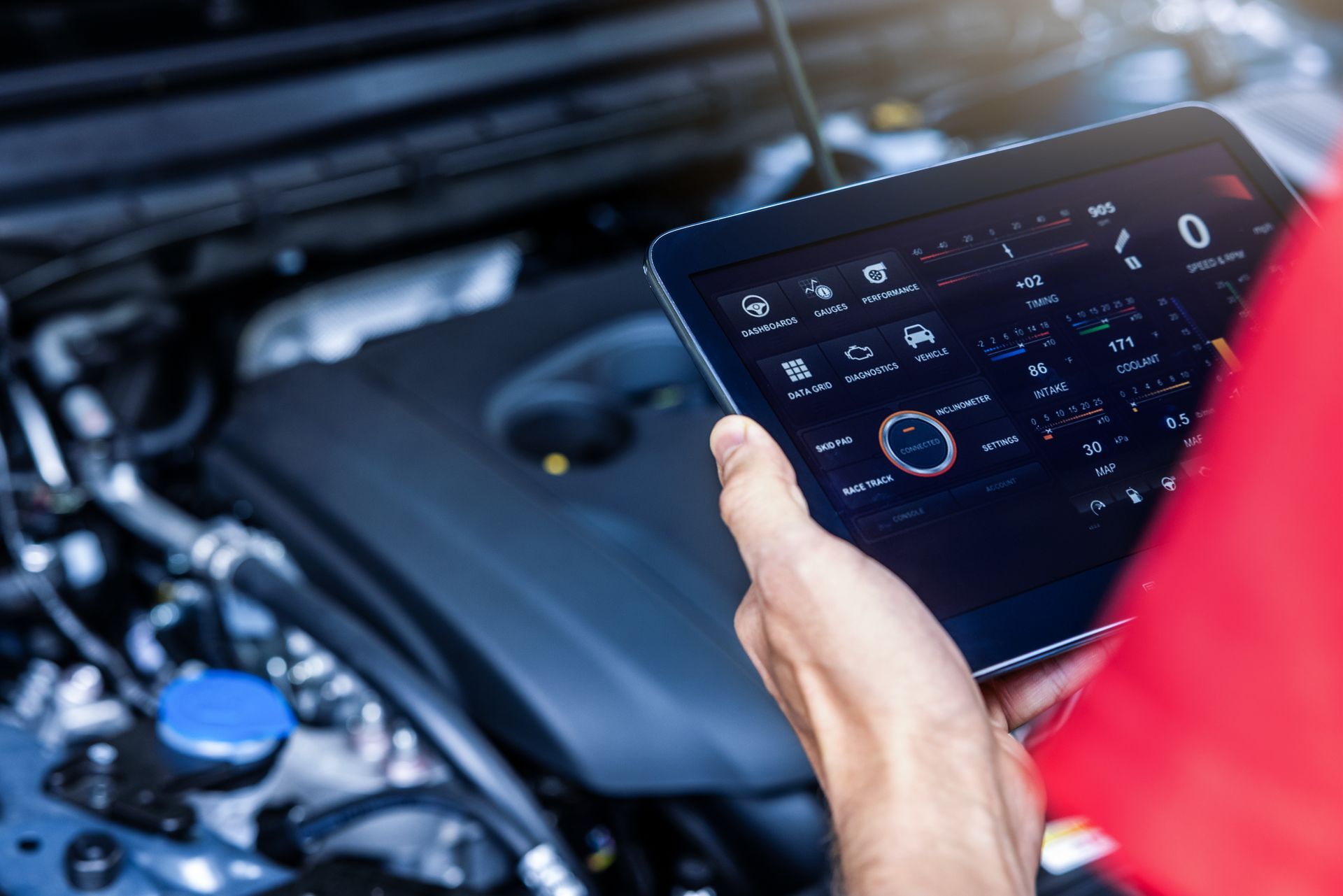Can I Use Regular Gas in My Premium Gas Car?
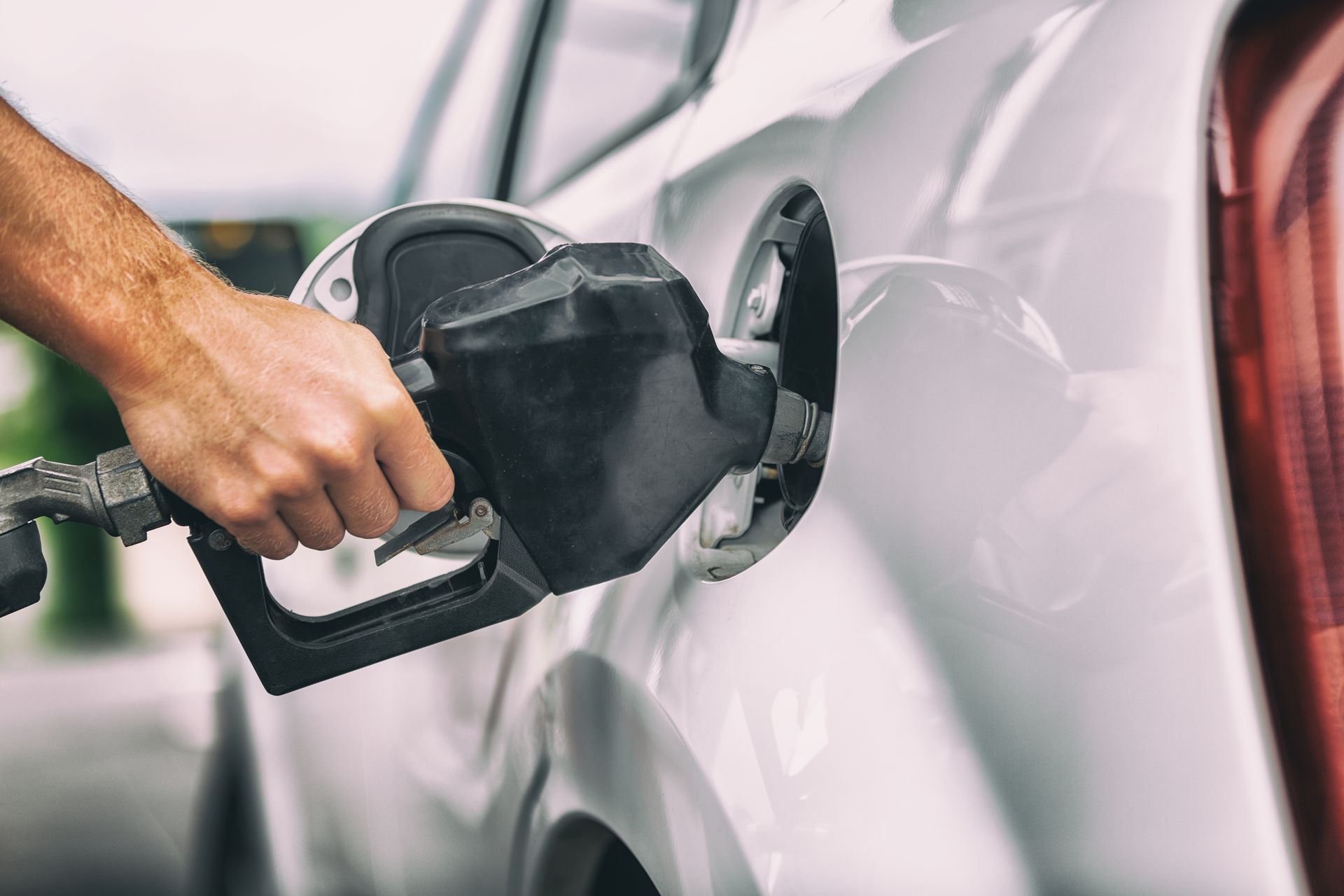
For many drivers, the choice between regular and premium gasoline at the pump is often based on factors like price and fuel efficiency. But what if you find yourself with a premium gas car and only regular gas is available? Can you fill up without causing harm to your vehicle's engine? Let's delve into this common dilemma and shed some light on the matter.
Understanding Gasoline: Premium vs. Regular
Gasoline, the fuel that powers most cars, comes in different grades. These grades are primarily distinguished by their octane ratings.
Regular gas typically has an octane rating of 87, while premium gas boasts a higher rating, usually around 91 to 93. But what does this mean for your car?
The octane rating measures a fuel's resistance to knocking or pinging during combustion. Higher octane fuels resist knocking better, which is crucial for certain engines.
Here's a quick comparison of premium and regular gas:
- Premium Gas: Higher octane rating (91-93), recommended or required for high-performance or luxury vehicles, more expensive.
- Regular Gas: Lower octane rating (87), suitable for most standard vehicles, less expensive.
The choice between premium and regular gas can impact your car's performance and longevity. It's not just about the cost at the pump. Understanding the differences between these fuel types is the first step in making an informed decision for your vehicle.
The Science of Octane Ratings and Engine Performance
Octane ratings are a measure of fuel's ability to resist 'knock'. 'Knock' or 'pinging' is a rattling noise that you'll hear when the fuel-air mixture in the cylinders detonates in more than once place at a time.
This multiple detonation can cause damage to the engine's cylinder walls and piston. High-octane fuel, like premium gas, can withstand higher compression before it detonates, preventing this harmful knocking.
In high-compression engines, which are typically found in high-performance or luxury cars, the air-fuel mixture is compressed more before it's ignited. This leads to more power and efficiency, but it also requires a fuel that can withstand the increased pressure.
Using a lower octane fuel in a high-compression engine can lead to knocking, reducing engine performance and potentially causing damage over time. That's why these engines often require or recommend the use of premium gas.
High-Compression Engines and Premium Fuel
High-compression engines are typically found in premium cars. They compress the air-fuel mixture more before it's ignited, leading to more power and efficiency.
However, this increased compression requires a fuel that can withstand the pressure. That's where premium gas comes in. Its higher octane rating means it can resist knocking even under high compression.
If you use a lower octane fuel in a high-compression engine, you risk engine knocking. This can reduce engine performance and potentially cause damage over time. That's why high-compression engines often require or recommend premium gas.
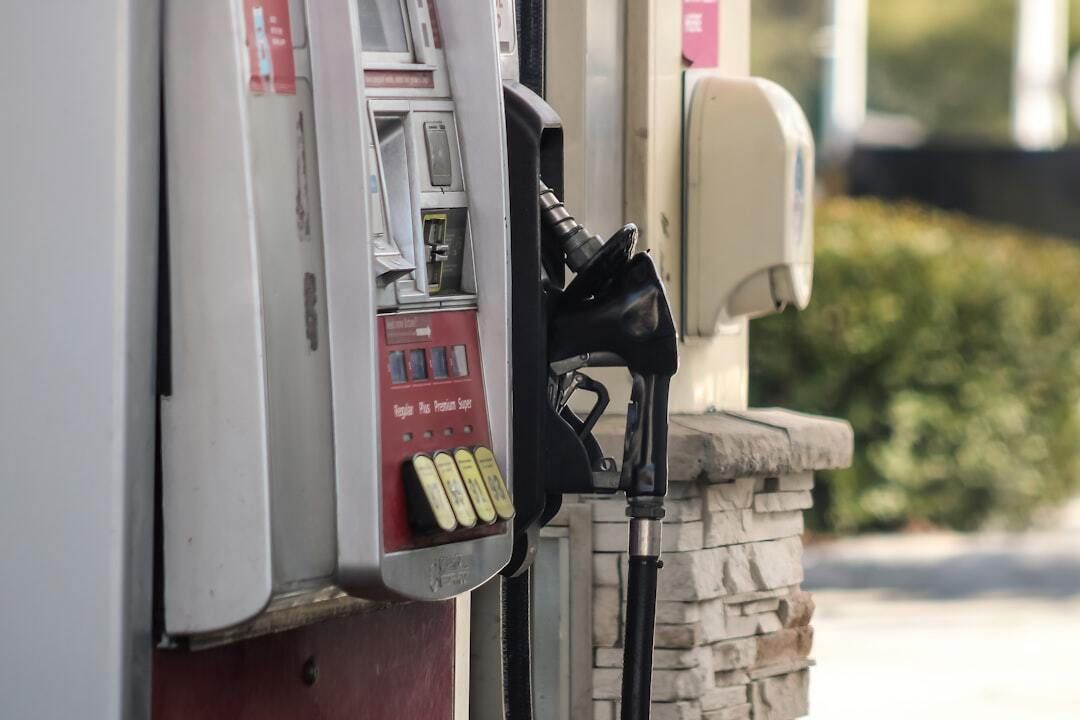
Risks of Using Regular Gas in Premium Cars
Using regular gas in a car designed for premium fuel can lead to several issues. The most immediate risk is engine knocking. This is a rattling noise caused by premature ignition of the air-fuel mixture in one or more cylinders.
Over time, engine knocking can lead to more serious problems. It can cause wear and tear on the engine's components. This can eventually lead to engine damage, reducing the lifespan of your car.
Moreover, using regular gas in a premium car can affect performance. You may notice your car doesn't accelerate as quickly or runs less smoothly. This is because the engine isn't operating as efficiently as it could be with the correct fuel.
Finally, using the wrong fuel can potentially void your car's warranty. Many manufacturers specify the type of fuel you should use in the owner's manual. Ignoring these recommendations could lead to costly repairs down the line.
The Role of Fuel Injectors in Engine Performance
Fuel injectors play a critical role in the performance of an engine. These components are responsible for delivering precise amounts of fuel into the combustion chamber for efficient ignition. In a high-compression engine, like those often found in premium cars, the function of fuel injectors becomes even more vital. Ensuring that the correct fuel injector is paired with the fuel type can optimize engine performance and prevent issues like engine knocking. Understanding the significance of fuel injectors can help car owners make informed decisions about fuel choices for their vehicles.
Can Your Car Adjust to Regular Fuel?
Modern cars are equipped with engine control units (ECUs) that can adjust to different fuel types. These ECUs can alter the timing of the spark plug to prevent engine knocking. This means that using regular gas in a premium car might not cause immediate damage.
However, this doesn't mean it's a good idea to always use regular gas in a premium car. The ECU's adjustments can only do so much. Over time, using lower octane fuel can still lead to reduced performance and potential engine damage.
In short, while your car might adjust to regular fuel in the short term, it's not a long-term solution. It's always best to use the fuel recommended by your car's manufacturer.
The Role of the Owner's Manual and Manufacturer Recommendations
Your car's owner's manual is a vital resource. It provides specific recommendations on the type of fuel to use. These recommendations are based on extensive testing by the manufacturer.
Ignoring these recommendations can lead to reduced engine performance and potential damage. It may also void your car's warranty. This is especially true for premium cars that require high-octane fuel.
In conclusion, always consult your owner's manual before deciding on the type of fuel to use. It's the best way to ensure optimal performance and longevity for your car's engine.
Cost-Benefit Analysis: Premium Gas and Long-Term Engine Health
The cost of premium gas is higher than regular fuel. However, the long-term benefits may outweigh the initial cost. High-octane fuel can enhance engine performance and longevity.
Using regular gas in a premium car may lead to engine knocking. Over time, this can cause significant engine damage. The cost of repairing such damage can be much higher than the savings from using regular gas.
In conclusion, consider the long-term health of your engine when choosing between premium and regular gas. The extra cost of premium gas could be a worthwhile investment for your vehicle's longevity.
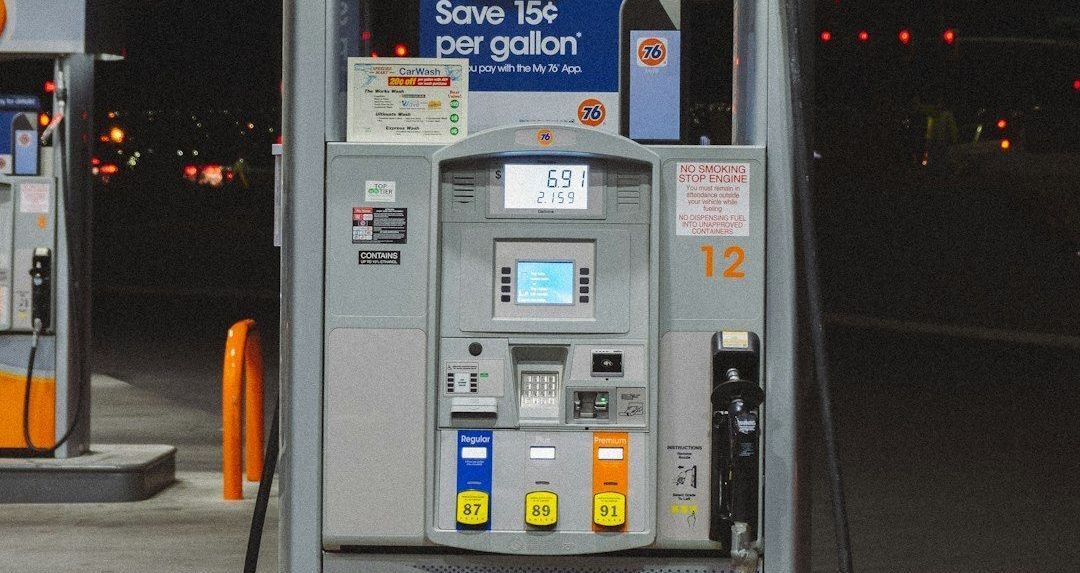
Finding the Right Fuel: Premium and Regular Gas Stations Nearby
Finding a gas station that offers both premium and regular fuel is usually not a problem. Most nearby gas stations provide a variety of fuel types to cater to different engine requirements.
Remember, the right fuel for your car is not just about availability or cost. It's about maintaining your engine's performance and longevity.
Conclusion: Making an Informed Decision on Fuel Choice
Choosing between premium and regular gas for your car is a decision that should be based on your vehicle's specific needs. Always refer to your owner's manual for the manufacturer's recommendations.
Consider the long-term health of your engine and the potential cost implications. Using the wrong fuel type could lead to engine damage over time, which can be far more costly than the savings at the pump.
In the end, the choice between premium and regular gas should be an informed decision. Understanding the science behind fuel types and their impact on engine performance can help you make the best choice for your vehicle.
Share this blog on social media!



